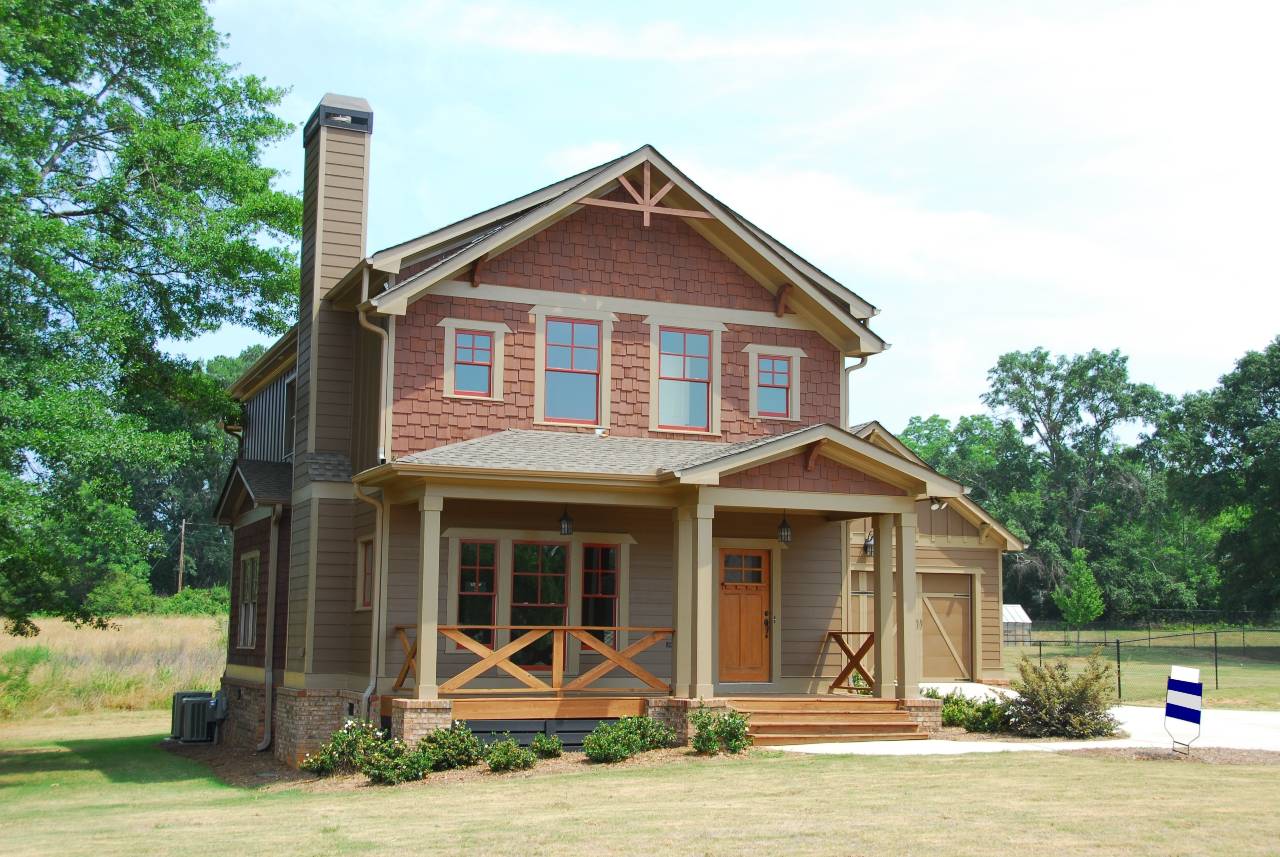Your home isn’t just the place where precious family memories happen–it’s also one of the biggest investments you’ll make in your lifetime. A home is an asset; and like any asset, it requires careful attention. There are lots of articles out there on how to increase your home’s value, but it’s harder to find out what things decrease a home’s value.
We’ve compiled the top 8 things that can lower the value of your home as an asset and keep you from achieving the biggest goal of any homeowner: a home that is worth more than what you paid for it.
Are you committing any of these cardinal home-care sins?
Letting Go of Landscaping
The curb appeal of your home is a BIG deal. Huge. In fact, research shows that homes with poor landscaping decrease in value by as much as 15%. That’s a difference your wallet can definitely feel. Things that contribute to this decline include overgrown weeds, piled-up junk, and dead vegetation.
Don’t neglect your trusty lawn mower and weedkiller. By keeping your yard green, tidy, and inviting, you’ll keep the zeros at the end of your property’s value.
Neglecting Home Maintenance
Maintaining your home is hard work, but it’s also necessary to ensure your home’s value doesn’t decrease. What do I mean by maintenance?
- Changing air filters regularly and maintaining your HVAC system
- Taking care of wood rot and termite damage
- Watering the foundation
- Fixing leaky plumbing
- And more!
Don’t wait for something to break! Home maintenance requires consistent effort to keep everything in good working order before it breaks. This can also save you money in the long run on costly, large-scale repairs.
Outdated Kitchens & Bathrooms
It may or may not surprise you to hear that the kitchen and bathrooms are some of the most memorable rooms in the house! Regardless of what updates are made to the rest of the home, an outdated kitchen or bathroom will stick out like a sore thumb.
When considering what home improvements are worth the money, you can’t go wrong with updating a retro color scheme or old appliances in one of these areas. Even a minor remodel can add as much as $10k-$20k in value to your home, while major remodels add as much as $50k.
A Damaged or Old Roof
Roofs are designed to take a beating from the weather so that the rest of your home (and the things inside it) stay safe. It’s inevitable that some wear and tear will happen, and that’s exactly why staying on top of roof repairs is crucial to your home’s value. An old or damaged roof will be a big red flag to buyers–everyone wants to feel safe!
Schedule regular roof inspections and don’t wait to replace missing shingles or clean up debris; a bit of elbow grease and money today will go a long way toward your home’s long-term value.
Non-Permit Home Additions & Garage Conversions
Did you know that adding home additions without a permit does not actually count towards added square footage for your home? It also voids most forms of homeowner’s insurance! This can mean risky business for you and any potential buyers. Because of the risk, many potential buyers and appraisers will dock your home’s value based on additions without permits.
Garage conversions may not require a permit in some circumstances, but they also can be a big money pit when calculating your home’s value. Garages are best used for cars and storing lawn equipment. If you do a garage conversion, it’s recommended not to make any permanent construction changes.
Lack of Energy Efficiency
In today’s environmentally conscious world, energy efficiency is a key factor that affects home value. Homes with outdated insulation, inefficient windows, and outdated heating or cooling systems can result in higher utility bills and a decreased appeal to potential buyers. Investing in energy-efficient upgrades, such as installing double-pane windows, upgrading insulation, or installing a programmable thermostat, can help improve your home’s value by reducing energy costs and attracting eco-conscious buyers.
Neighborhood Changes and External Factors
External factors can also influence house values. Changes in the neighborhood, such as increased crime rates, declining school districts, or the construction of undesirable structures nearby (such as a landfill or noisy industrial area), can negatively impact your home’s value. Keeping an eye on neighborhood developments and staying involved in local community efforts can help address and mitigate these issues.
Economic Conditions and Market Trends
The overall economic conditions and market trends in your area can significantly impact home values. Factors such as a downturn in the housing market, high unemployment rates, or an oversupply of housing inventory can lead to a decrease in house values. While these factors are beyond your control, staying informed about the local real estate market and working with a knowledgeable real estate agent can help you navigate challenging economic conditions and make informed decisions regarding your home’s value.
With a bit of elbow grease and a small upfront investment, you can keep your home in top living condition for both you and potential buyers down the road! Beware of items on this list and schedule necessary repairs and maintenance before an emergency or before preparing your home for sale.
If you need any help ensuring your home’s value does not decrease, look no further than The Good Contractors List. We provide trusted, local contractors near you and back their work with our $10,000 guarantee! Click HERE to find quality professionals–we only allow the very best to be on our List



Leave a Reply